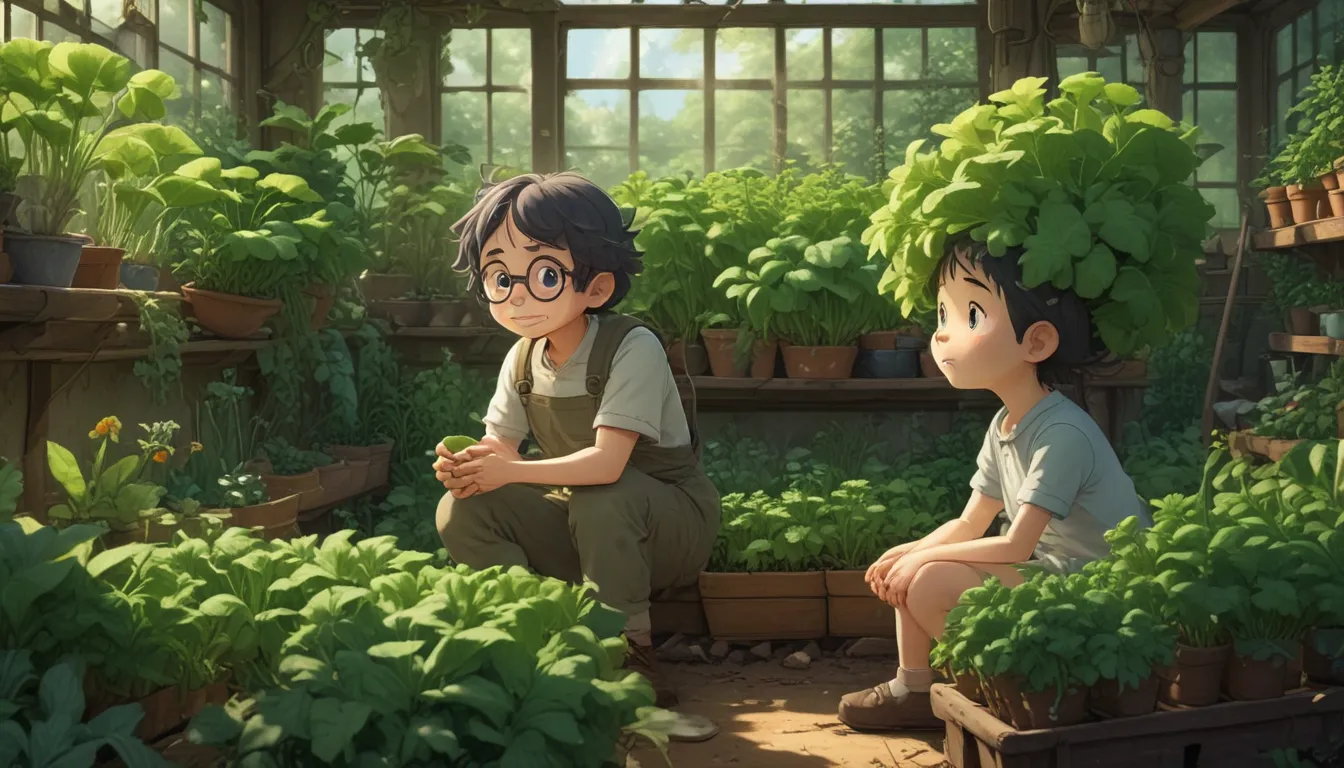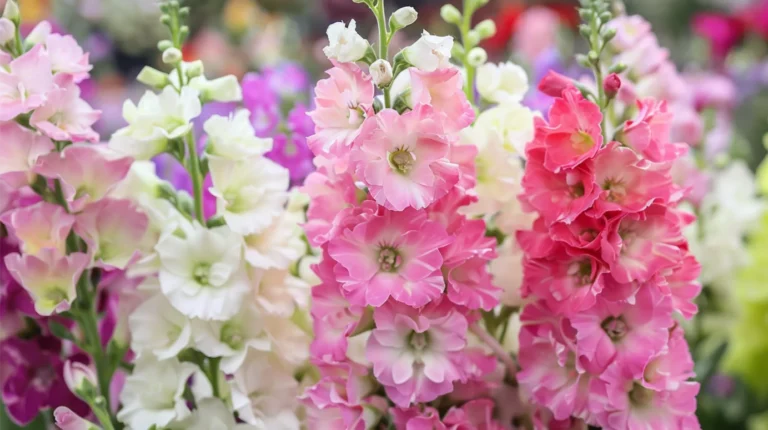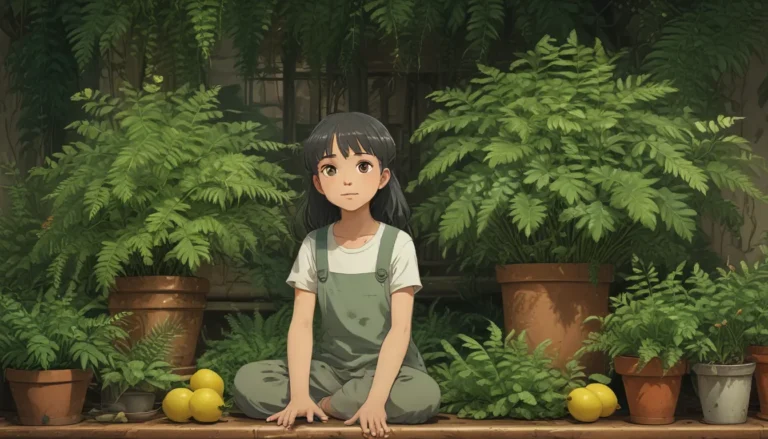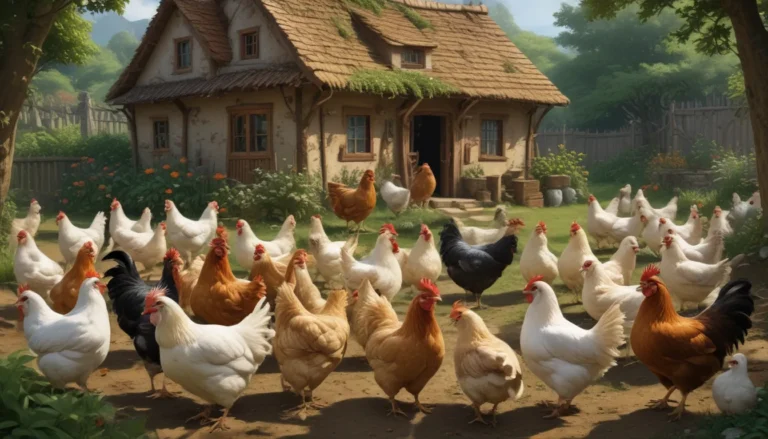Exploring the Best Kohlrabi Companion Plants

Choosing companion plants for Kohlrabi is a delightful mix of creativity, practicality, and a touch of folk wisdom. As a member of the Brassica family, Kohlrabi is a unique-looking cole crop with an above-ground bulb that comes in purple or light green, adorned with stalks and leaves. Finding suitable companions for this vegetable involves selecting plants that not only complement its appearance but also provide practical benefits such as pest deterrence, nutrient enhancement, or soil improvement. The right companions can attract beneficial insects, offer shade as the weather warms up, and create a harmonious garden environment.
Before diving into the extensive list of companion plants for Kohlrabi, let’s explore the science and art of companion planting, which involves a blend of research-based recommendations and traditional gardening wisdom. While some companion planting rules are firmly rooted in scientific evidence, others are based on communal knowledge and anecdotal experiences. Mixing both approaches can lead to exciting discoveries and successful gardening experiments. Therefore, it is advisable to try out various combinations of companion plants to find what works best in your garden.
When selecting companion plants for Kohlrabi, it’s essential to strike a balance between aesthetics and functionality. The presence of well-matched companion plants can enhance the growth and productivity of Kohlrabi while creating a visually appealing garden bed. Conversely, pairing Kohlrabi with unsuitable plants can lead to competition for resources, reduced yields, and increased susceptibility to pests and diseases. Now, let’s delve into the world of Kohlrabi companion plants:
Recommended Companion Plants:
- Beans:
- Beans are excellent companions for Kohlrabi as they fix nitrogen in the soil, benefiting both plants.
- Planting pole beans alongside Kohlrabi can provide shade, cooling the air and soil to extend the growing season.
- Varieties like ‘Trionfo Violetto’ with purple pods add a colorful contrast to Kohlrabi.
-
Beans contribute to enriching the soil and preventing nutrient depletion.
-
Beets:
- Beets are compatible with Kohlrabi and do not compete for calcium in the soil.
- Planting red-stalked beet varieties like ‘Bull’s Blood’ alongside light green Kohlrabi creates a visually striking combination.
-
Beets offer a nutrient-rich companion that complements the growth of Kohlrabi.
-
Celery:
- Celery is believed to enhance the flavor of nearby brassicas, making it an ideal companion for Kohlrabi.
- Growing celery in proximity to Kohlrabi enables efficient use of garden space and resources.
-
Harvesting both crops simultaneously can streamline garden maintenance and crop rotation.
-
Chamomile:
- Chamomile flowers add beauty to the garden while repelling pests and preventing fungal diseases.
- Planting German chamomile near Kohlrabi promotes insect pollination and pest control.
-
Using chamomile tea spray helps protect young Kohlrabi plants from fungal infections.
-
Chives:
- Chives, part of the onion family, repel common pests like moths, mites, and aphids that affect brassicas.
- The light purple flowers of chives complement the appearance of Kohlrabi, creating a harmonious garden bed.
-
Planting chives near Kohlrabi promotes pest control and adds aesthetic value to the garden.
-
Dill:
- Dill attracts beneficial insects like wasps and hoverflies that prey on aphids and cabbage worms.
- The aromatic flowers of dill bloom throughout the growing season, benefiting Kohlrabi plants.
-
Planting dill alongside Kohlrabi enhances pest management and supports the growth of both plants.
-
Nasturtiums:
- Nasturtiums offer pest protection, ground cover, and moisture retention benefits for Kohlrabi.
- Planting nasturtiums near Kohlrabi attracts beneficial insects that prey on pests.
-
Varieties like ‘Butterscotch’ with edible flowers add color and functionality to the garden bed.
-
Rosemary:
- Rosemary, a perennial herb, deters cabbage moths and loopers when planted near Kohlrabi.
- Growing rosemary on the border of the vegetable plot provides easy access to a versatile culinary herb.
-
Pruning and using rosemary sprigs as mulch help repel slugs and snails, enhancing plant health.
-
Sweet Alyssum:
- Sweet Alyssum, a fragrant annual flower, attracts pollinators and beneficial insects to the garden.
- Its mounding habit and moisture retention properties benefit Kohlrabi growth and reduce weed competition.
- Planting Sweet Alyssum alongside Kohlrabi enhances biodiversity and supports beneficial insect populations.
Avoid These Bad Companions:
While selecting suitable companion plants for Kohlrabi is crucial, it’s equally important to avoid planting incompatible species close to this cole crop. Certain plants can attract pests, compete for resources, or inhibit the growth of Kohlrabi, leading to reduced yields and plant health. Some plants to avoid planting near Kohlrabi include:
– Kale
– Broccoli
– Corn
– Summer squash
– Pumpkins
– Peppers
– Strawberries
– Tomatoes
Tip: Prioritize companion plants that offer complementary benefits and avoid those that could harm or hinder the growth of Kohlrabi.
Conclusion:
In conclusion, selecting the right companion plants for Kohlrabi involves a blend of creativity, practicality, and gardening wisdom. By choosing suitable companions that provide visual appeal, pest control, nutrient enrichment, and other benefits, you can create a vibrant garden ecosystem that supports the growth of Kohlrabi and enhances overall plant health. Experimenting with different companion plant combinations, taking note of successful pairings, and avoiding incompatible species can help you optimize the growth and productivity of Kohlrabi in your garden. Remember to maintain a balance between aesthetics and functionality when selecting companion plants, and enjoy the process of discovering the ideal plant pairings for your unique garden space. Share your experiences, tips, and questions related to Kohlrabi companion planting in the comments below, and continue exploring the fascinating world of vegetable gardening!





